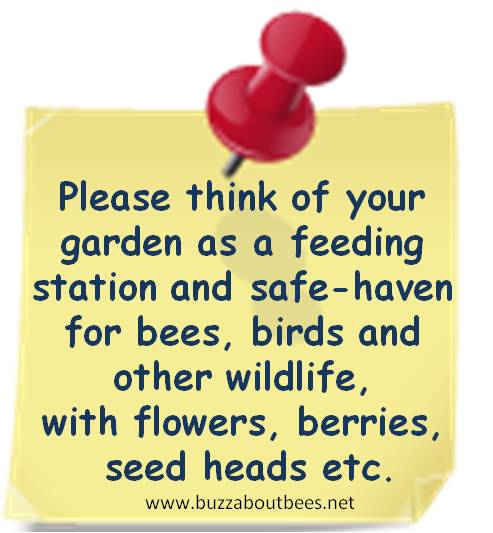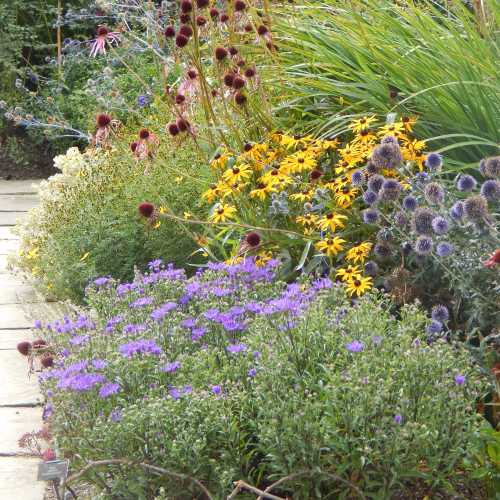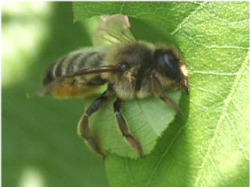How Can I Help The Bees?
Most people by now, fully appreciate that bees need
help, and increasingly they are asking: What can I do? How can I help the bees?
Having campaigned for bees since 2008, it’s a huge relief to me that increasingly, so many people are wanting to help these important pollinators. Bees (and pollinators generally) are not only vital to the ecosystem and to food production, they are endearing and enchanting creatures in their own right.
How Can I Help The Bees?
Note that when you help the bees, your actions by default, will most probably benefit a whole host of other creatures. So here are a few pointers:
- Most importantly, focus on the efforts you yourself can
make in your own garden. Even if you
only have a small space, or a few containers, you can still create feeding
stations for bees. Take a look at these
resources to get informed about the variety of plants you can add to gardens
and planters, and see this general information about creating a bee garden.
There are so many simple changes that can be made, which are very often overlooked. For instance, I very much recommend allowing clover to flourish in your lawn (see my page about lawns for bees for more ideas).
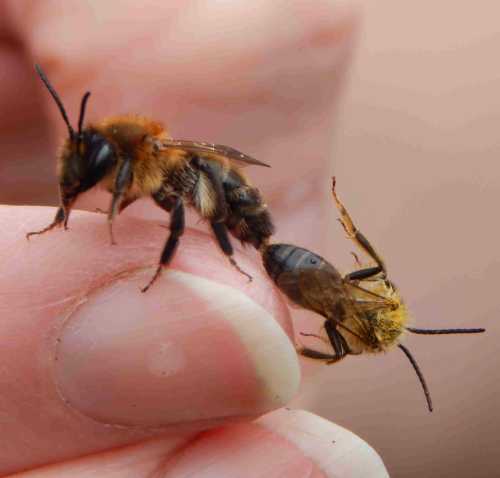 Chocolate mining bees mating.
Chocolate mining bees mating.- Cut out insecticides and other chemicals, and try alternatives - such as this solution for lupins.
- Encourage solitary bees, with a solitary bee house, or leave hollow canes in various places, to provide nest sites or shelter for solitary species and other beneficial insects.
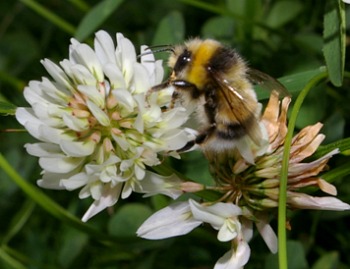 Allow clover to flourish in your lawn, it will help bees and save mowing!
Allow clover to flourish in your lawn, it will help bees and save mowing!
How Can I Help The Bees In My Community?
- Ensure your own garden is as bee friendly as possible. Donate excess bee-friendly plants to neighbors, friends, community groups etc.
- You could also get involved with groups (gardening,
conservation etc) and suggest a community garden, a ‘bee festival’ to raise
awareness, or you could write a few words for a local newsletter.
- If you have children, support your school to actively teach children about the importance of bees and other pollinators, and to perhaps create a pollinator garden.
- Lobby your local council and politicians to manage land, planting schemes and roadside verges in a pollinator-friendly manner.
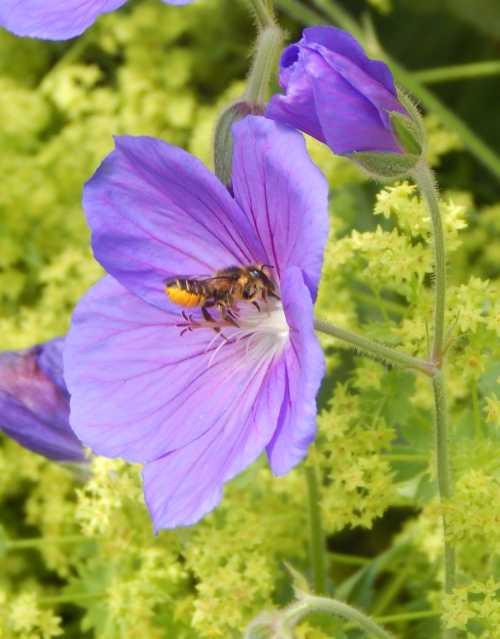 Leafcutter bee visiting geranium flower.
Leafcutter bee visiting geranium flower.FREE PDF DOWNLOAD:
Planning And Planting A Bee Friendly Garden
If you found this page helpful or interesting, I'd really be grateful if you would share it with others - if not this page, perhaps another, such as Gardening For Bees.
Thank you so much :) .
